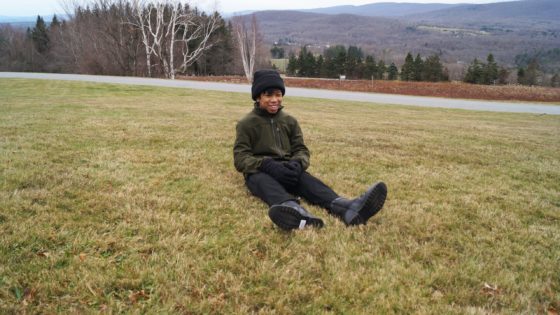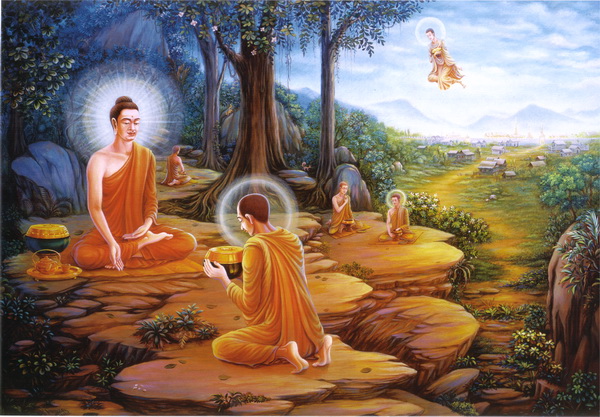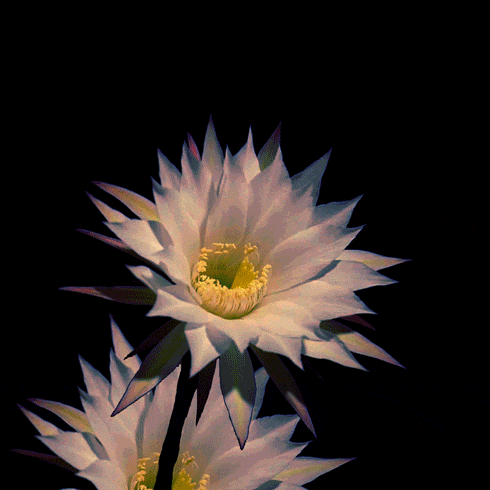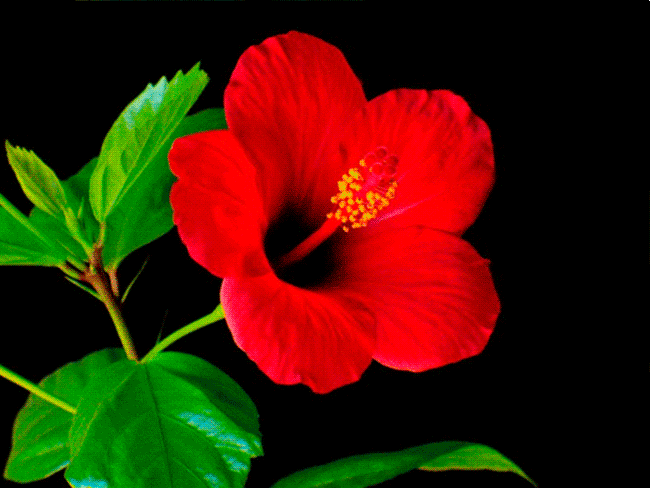
Verse 122: One should not think lightly of doing good, imagining ‘A little will not affect me’; just as a water-jar is filled up by falling drops of rain, so also, the wise one is filled up with merit, by accumulating it little by little.
The Story of Bilalapadaka
While residing at the Jetavana monastery, the Buddha uttered Verse (122) of this book, with reference to Bilalapadaka, a rich man.
Once, a man from Savatthi, having heard a discourse given by the Buddha, was very much impressed, and decided to practise what was taught by the Buddha. The exhortation was to give in charity not only by oneself but also to get others to do so and that by so doing one would gain much merit and have a large number of followers in the next existence. So, that man invited the Buddha and all the resident bhikkhus in the Jetavana monastery for alms-food the next day. Then he went round to each one of the houses and informed the residents that alms-food would he offered the next day to the Buddha and other bhikkhus and so to contribute according to their wishes. The rich man Bilalapadaka seeing the man goings round from house to house disapproved of his behaviour and felt a strong dislike for him and murmured to himself, “O this wretched man! Why did he not invite as many bhikkhus as he could himself offer alms, instead of going round coaxing people?” So he asked the man to bring his bowl and into this bowl, he put only a little rice, only a little butter, only a little molass. These were taken away separately and not mixed with what others had given. The rich men could not understand why his things were kept separately, and he thought perhaps that man wanted others to know that a rich man like him had contributed very little and so put him to shame. Therefore, he sent a servant to find out.
The promoter of charity put a little of everything that was given by the rich man into various pots of rice and curry and sweetmeats so that the rich man may gain much merit. His servant reported what he had seen; but Bilalapadaka did not get the meaning and was not sure of the intention of the promoter of charity. However, the next day he went to the place where alms-food was being offered. At the same time, he took a knife with him, intending to kill the chief promoter of charity, if he were to reveal in public just how little a rich man like him had contributed. Continue reading →


















